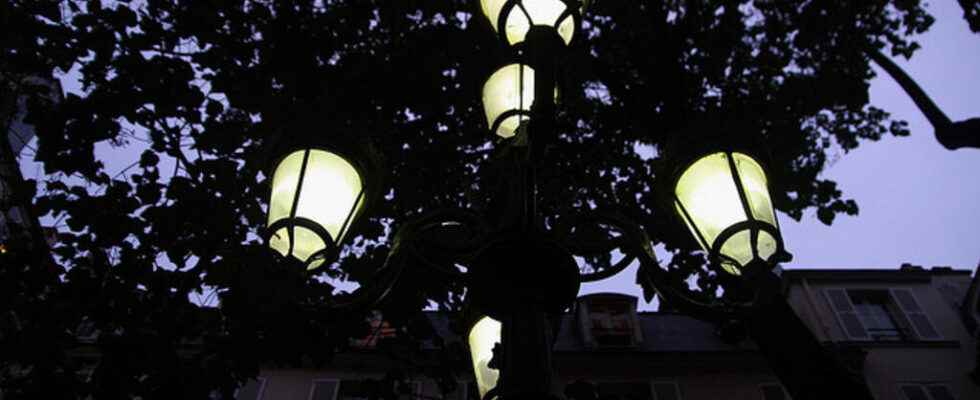Cutting public lighting to save money is a discourse that comes up more and more with the record rise in the cost of energy, a consequence of the war in Ukraine and inflation. Saving money, with sobriety, is perhaps the solution in big cities like Nantes or Saint-Nazaire. In the west of France, each municipality is asking itself questions to save money, even if some have a head start.
This is the case of Saint-Nazaire: after an experiment launched in 2018, almost the entire city has no public lighting from midnight to 5 a.m., reports our correspondent in Nantes, Matthew Bonhoure.
” The savings were estimated at the time at around 1.25 million kilowatt hours per year “says Christophe Cotta, the deputy mayor, in charge of town planning. That is the average consumption of 560 households per year. But at first, many Nazairians were afraid of burglaries: “ We know that’s not the case, continues Christophe Cotta, 80% of burglaries take place during the day, and it is not, in any case, the nocturnal extinction that creates insecurity. »
► To listen also: Energy savings, a gateway to sobriety?
A measure that should be extended
This insecurity is one of the challenges in the Nantes metropolitan area, which has 24 cities, 20 of which cut off part of their lighting; but not the biggest. ” We were taught very young to be afraid of the dark, says Dany Joly, responsible for public lighting in Nantes Métropole. When you talk about cutting off the lights to citizens: “well, ok, that’s good, but not in my house”, for example “.
Except that the budget explodes, plus a million euros in one year, so inevitably, we ask ourselves the question of extending the public lighting cuts: “ There were fact tests on two quarters, says Dany Joly, we should move up a gear a little higher in a few months. »
The other priority is the change to LED lighting, this allows a reduction in consumption of 70 to 80% per street lamp, according to Nantes Métropole.
At this record store in the 15th arrondissement of Paris, the door is open, the air conditioning off. He therefore respects the municipal decree. A decision which, according to the seller, is not trivial for the clientele. “It’s already more hospitable to customers, I imagine. It’s better than a closed door.” Same opinion on the other side of the street, in this ready-to-wear boutique. “It allows customers to come without saying ‘Ah the shop is closed!’ For the decree I was not aware of it but we have the possibility of closing. It depends on whether there is a flow or no flow and also the air conditioning. Other shopkeepers don’t think a closed door will deter customers from entering, as in this telephone shop: “I think they’ll get used to it, like everything. During the very hot weather we had to to close, even with the air conditioning. If we left it open, it was too hot. So they pushed the door open, they understood very well.” In a jewelry store on rue du Commerce, a saleswoman decided to close the door despite the instructions of her bosses. “I closed it. Because there’s air conditioning and for me it makes sense not to open the door when there’s air conditioning. But I’m supposed to leave it open. So I don’t have the right but I do it anyway.” By leaving their door open, traders risk a fine of up to 150 euros. The government is preparing a decree which should generalize this ban nationwide. This was indicated by the Minister of Ecological Transition, Agnès Pannier-Runacher.
Report: To reduce energy waste, the Paris City Hall has made it mandatory to close doors for air-conditioned stores
